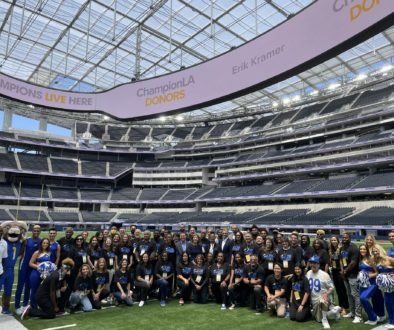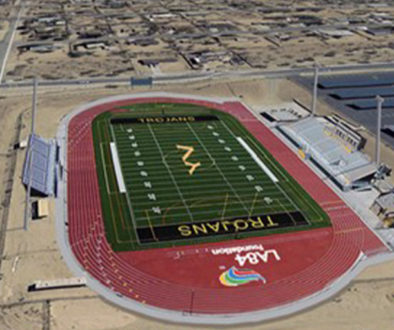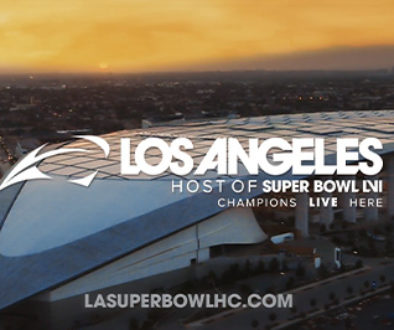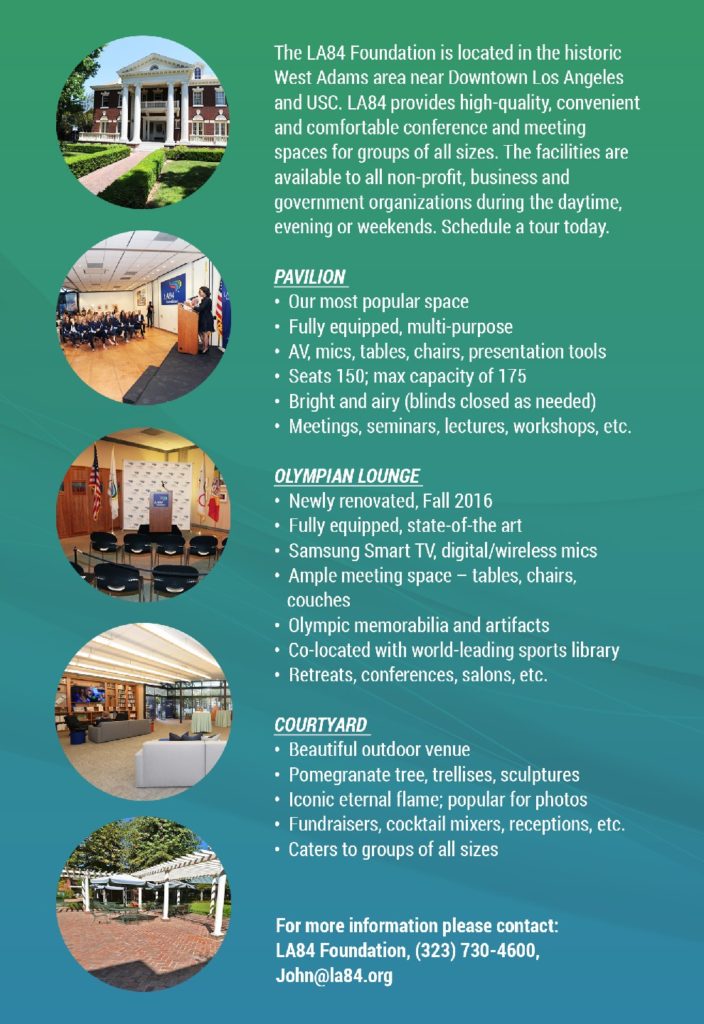Our Dream: Dr. Martin Luther King Jr. Day
LOS ANGELES (Jan. 18, 2021) – The Play Equity Movement honors the life and legacy of Dr. Martin Luther King Jr., who believed that children regardless of race, gender, or background should be afforded equal opportunities. He challenged the next generation of youth to be prepared to take on the new opportunities that arrived.
The Play Equity Movement – which includes the Play Equity Fund, the LA84 Foundation, partners, grantees and friends united in building access for all children to experience the transformative power of sports and play – continues to push these ideals forward as a social justice issue. These values are cornerstone of our movement.
Dr. King said to young people, “Doors of opportunity are opening to each of you that were not open to your mothers and to your fathers, and the great challenge facing you is to be ready to enter these doors as they open.”
The Play Equity Movement is committed to providing all children equal access to sports regardless of where they live, or how much money their family has. We believe sport has the power to change the world by uniting youth in unique way, by breaking down barriers and teaching skills that can lead to a pathway of lifelong well-being.
“Play is a basic human right that builds confidence and character and inspires teamwork and respect,” said Renata Simril, President & CEO of the LA84 Foundation and the Play Equity Fund. Simril’s voice can also heard throughout the video honoring Dr. King.
The Play Equity Movement continues to work to level the playing field and keep Dr. Martin Luther King Jr.’s dreams of a brighter, more inclusive future alive. The Play Equity Fund is a nonprofit public charity established by the LA84 Foundation to drive social change across communities through sport.
The Play Equity Fund is the only nonprofit worldwide dedicated to Play Equity as a social justice issue. Its mission is to bring the transformative power of sport and structured play to youth who have been left behind by the current system.
In neighborhoods with high poverty rates, opportunities to play – a globally recognized fundamental human right of childhood – oftentimes do not exist, particularly for kids of color.
Barriers to access include the elimination or reduction of enrichment of programs, budget challenges for afterschool programs including sports, safe passage to playgrounds, transportation, lack of trained and well-paid coaches and the rising costs of athletics and intramural programs. These factors severely limit access and opportunities for kids of color to build a pathway to lifelong well-being.




